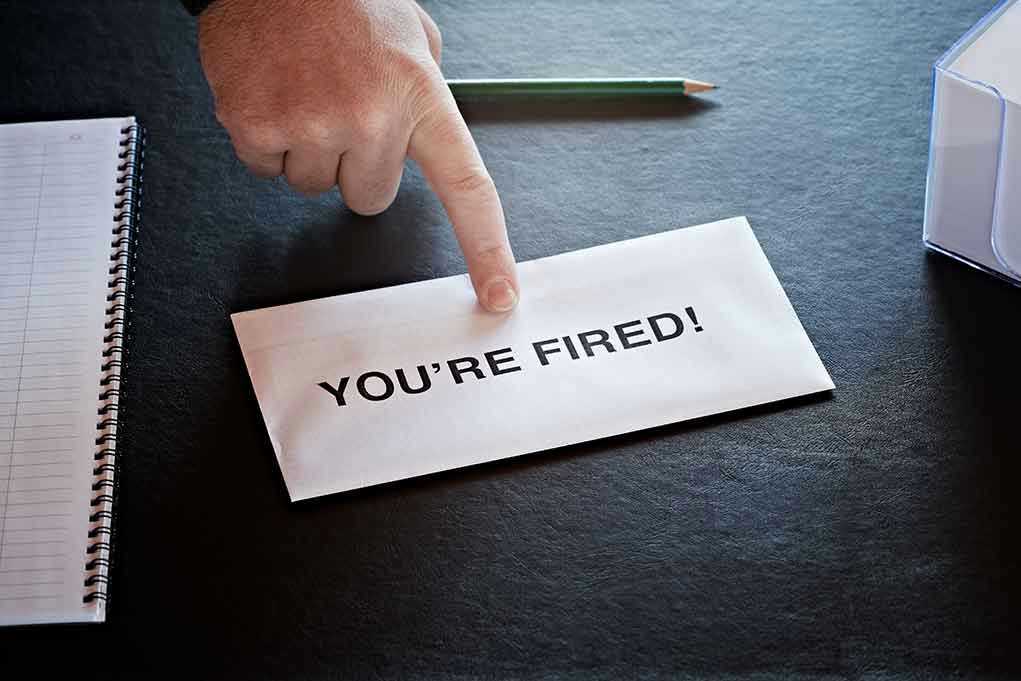
New federal and state moves on AI in the workplace are fueling alarm for anyone who values fairness, transparency, and human judgment over unchecked algorithmic power.
Story Snapshot
- AI now drives hiring, promotion, and even firing decisions in over three-quarters of organizations, yet oversight remains dangerously thin.
- Federal safeguards for workers have been rolled back, leaving employees exposed to algorithm-driven bias and opaque “black box” decisions.
- California and other states rush to fill the regulatory vacuum, but create a confusing patchwork of rules that frustrate employers and workers alike.
- Experts warn: Without robust human oversight, AI threatens careers, erodes trust, and undermines core American values of fairness and due process.
Algorithmic Power in the Workplace: Rise and Risks
In 2025, more than 78% of organizations now use artificial intelligence to make critical decisions in recruitment, performance reviews, promotions, and termination. This trend exploded during the past two years as companies sought efficiency and cost savings, but the rush to automate executive decisions has outpaced the development of reliable oversight or ethical guidelines. While AI technologies promise objectivity, experts and advocacy groups warn that these algorithms can entrench biases buried deep within training data, reducing unique individuals to data points and undermining the dignity and agency of American workers. The result is a growing risk that people are hired, passed over, or fired by processes even corporate leaders struggle to explain.
Despite claims that automation levels the playing field, real-world examples show that AI can magnify discrimination. Early systems used by major corporations, including a high-profile Amazon recruiting tool, were found to systematically disadvantage women and minorities. Such cases underscore how algorithms, unless rigorously audited, can become mechanisms for repeating and amplifying historical injustices on a massive scale. Employees increasingly find themselves subject to life-changing decisions made by “black box” systems with little transparency or recourse, a situation critics argue is fundamentally at odds with American principles of fairness and equal opportunity.
Regulatory Whiplash: From Federal Rollbacks to State-Level Action
The Trump administration, responding to frustration over government overreach and “woke” regulatory agendas, rescinded key federal guidelines on AI use in employment in early 2025. This rollback was designed to reduce bureaucracy and restore local control, but it has left a dangerous vacuum. Now, states like California are racing to impose their own rules on how AI can be used in hiring and firing, creating a confusing patchwork of compliance challenges for businesses operating nationwide. While some states seek to protect workers from algorithmic bias, others are slow to act, leaving millions exposed to arbitrary or discriminatory outcomes. The lack of clear, nationwide standards undermines both individual rights and the ability of companies to innovate responsibly.
Federal retreat has also emboldened corporate adoption of AI without adequate safeguards, increasing the risk that conservative values—like due process, merit-based advancement, and individual responsibility—will be further sidelined by opaque, unaccountable systems. Advocacy groups and legal experts warn that this regulatory chaos could erode public trust, fuel legal battles, and ultimately harm both employers and employees.
Who Decides? Power, Accountability, and the American Worker
Employers, AI vendors, legal experts, and advocacy groups are now locked in a high-stakes debate over who should control critical workplace decisions. While employers and HR departments see AI as a tool for productivity, employees fear being judged by metrics they neither understand nor control. AI vendors, eager to expand their market, tout compliance features and “explainable AI”—but most organizations lack the expertise to critically evaluate these claims. Meanwhile, regulators and advocacy groups demand greater transparency and human oversight, arguing that unchecked algorithms threaten to marginalize workers, especially those in vulnerable or minority groups.
Leadership teams are under growing pressure to balance rapid technological adoption with the need for ethical safeguards. Only 1% of organizations report mature, responsible AI integration, indicating a widespread failure to ensure that algorithmic decisions are fair, accurate, and accountable. Without robust human review, the risk of wrongful termination, missed promotions, and career derailment rises sharply, undermining the very principles of due process and merit that underpin America’s workforce.
The Path Forward: Safeguarding Values and Rights
Industry experts and academic researchers agree: AI should support—not replace—human judgment in matters as serious as hiring and firing. Calls for “explainable AI” and continuous auditing are growing louder, but the private sector’s pace of adoption continues to outstrip the development of safeguards. The result is a precarious environment where employees and employers alike face uncertainty, reputational risk, and possible legal challenges. To defend traditional American values of fairness, transparency, and individual liberty, it is essential for policymakers, business leaders, and citizens to demand stronger oversight, clear standards, and a renewed commitment to placing people—not algorithms—at the heart of the workplace.
Until these issues are resolved, the rapid spread of AI-driven decision-making will remain a threat to both the integrity of the workforce and the foundational principles that have made American enterprise the envy of the world. Vigilance and engagement from all stakeholders are needed to ensure technology serves the people, not the other way around.
Sources:
AI Essentials for Work 2025: The Ethics of AI in the Workplace
AI Enterprise Risk Management: What to Know in 2025
The Hidden Career Risks of AI-Powered Decision-Making
Superagency in the Workplace: Empowering People to Unlock AI’s Full Potential at Work
Where Are We Now With the Use of AI in the Workplace?











